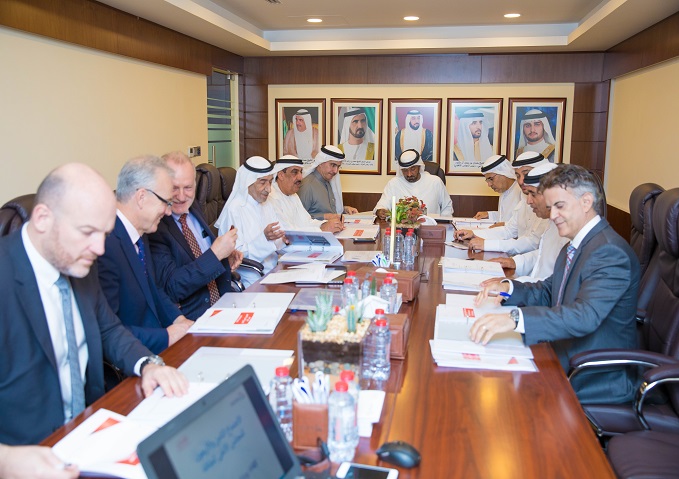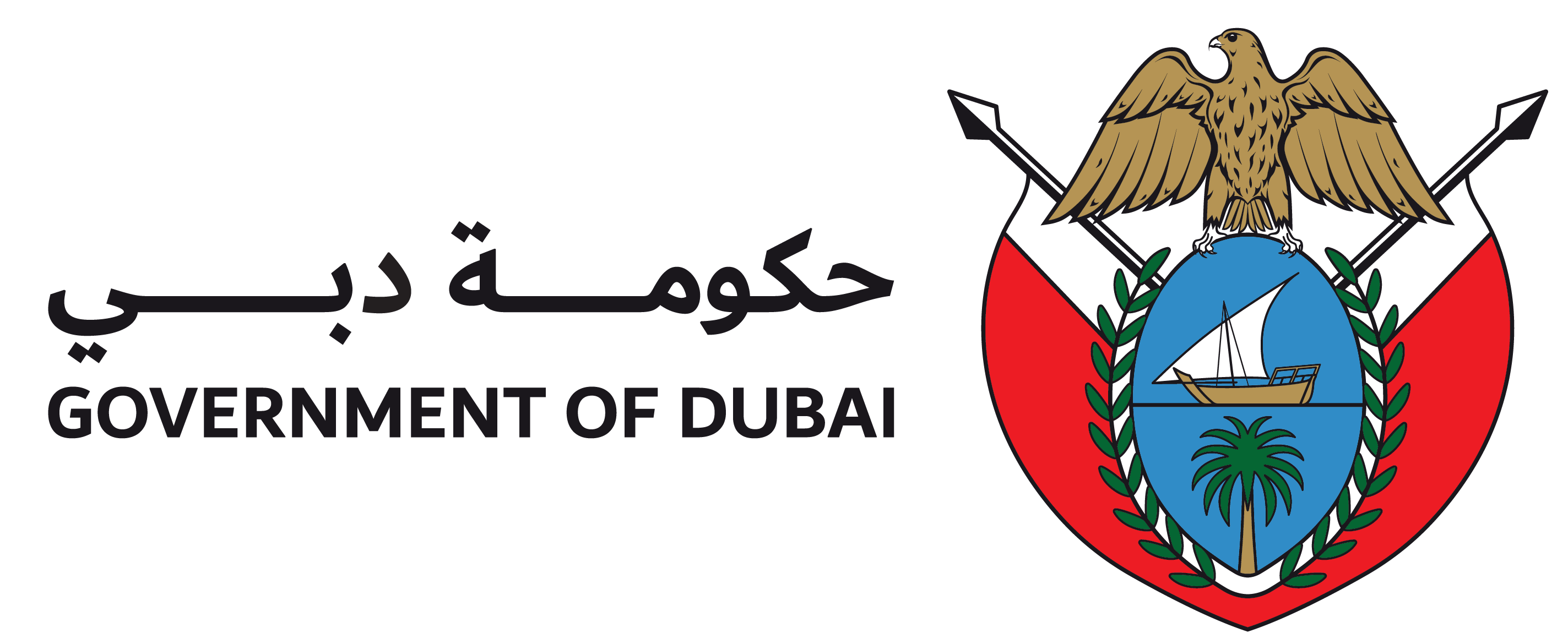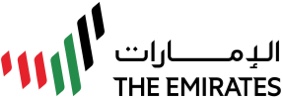Dubai Supreme Council of Energy reviews latest developments in clean energy projects

HH Sheikh Ahmed bin Saeed Al Maktoum, Chairman of the Dubai Supreme Council of Energy, chaired the Supreme Council’s 48th meeting, attended by HE Saeed Mohammed Al Tayer, Vice Chairman of the Supreme Council of Energy.
Also in attendance were HE Ahmed Buti Al Muhairbi, Secretary General of the Supreme Council of Energy, and members including Abdullah Kalban, MD & CEO of Emirates Global Aluminium; Saif Humaid Al Falasi, CEO of Emirates National Oil Company Ltd (ENOC); Abdullah Abdul Kareem, Director General of the Department of Oil Affairs; Nasser Abu Shehab, CEO of the Strategy & Corporate Governance Sector at the Dubai Roads & Transport Authority (RTA); Frederick Chemin, General Manager of Dubai Petroleum; and Simon Cattle, General Manager of Dubai Supply Authority (DUSUP).
The meeting reviewed development in clean energy projects in Dubai, supervised by Dubai Electricity and Water Authority (DEWA), which have achieved world-class results. The most prominent of these projects is the Mohammed bin Rashid Al Maktoum Solar Park, which will produce 5,000MW by 2030, and will save approximately 6.5 million tonnes of carbon emissions annually.
“DEWA has achieved unprecedented global achievements as a result of the unlimited support of our wise leadership, and the vision of HH Sheikh Mohammed bin Rashid Al Maktoum, Vice President and Prime Minister of the UAE and Ruler of Dubai. The vision of His Highness guides us in our initiatives and projects to promote reliance on clean and renewable energy. During the meeting, we reviewed details of the fourth phase of the Mohammed bin Rashid Al Maktoum Solar Park. This is the largest single-site Concentrated Solar Power (CSP) project in the world, based on the Independent Power Producer (IPP) model and will have the world’s tallest solar tower at 260 metres. We also reviewed the success of DEWA’s Shams Dubai initiative, which aims to increase the share of clean energy by encouraging customers to install solar panels on rooftops to produce electricity from solar energy, and connect them to DEWA’s grid. DEWA has connected 453 photovoltaic installations on roofs of buildings in Dubai, with a total capacity of about 18.7 MW. These numbers are expected to increase in the future to eventually cover all buildings in the Emirate by 2030,” said Al Tayer.
“During the meeting, we reviewed the Dubai Green Mobility strategy, under the supervision of the Dubai Roads and Transport Authority. RTA reviewed its expansion plans for public transportation, especially the Dubai Metro, which will extend to new areas, including to the site of the Dubai Expo 2020 and others, in line with development until 2020,” said Al Muhairbi.
The meeting reviewed the public transport ridership index in Dubai. The number of passengers using public transport, increased from 163 million passengers or 6%, in 2006, to 543 million passengers or 16%, in 2016. RTA is looking forward to increase the percentage to 20% in 2020, in line with the Green Mobility strategy. RTA plans to convert 50% of the Dubai Taxi fleet to hybrid cabs by 2021, to contribute to reducing the carbon footprint of the transport sector in the Emirate.
The meeting also reviewed ENOC’s Emiratisation plan and progress in Emiratisation through training and development, capacity building, and talent management. ENOC plans to increase Emiratisation by 10% annually over the next five years.


